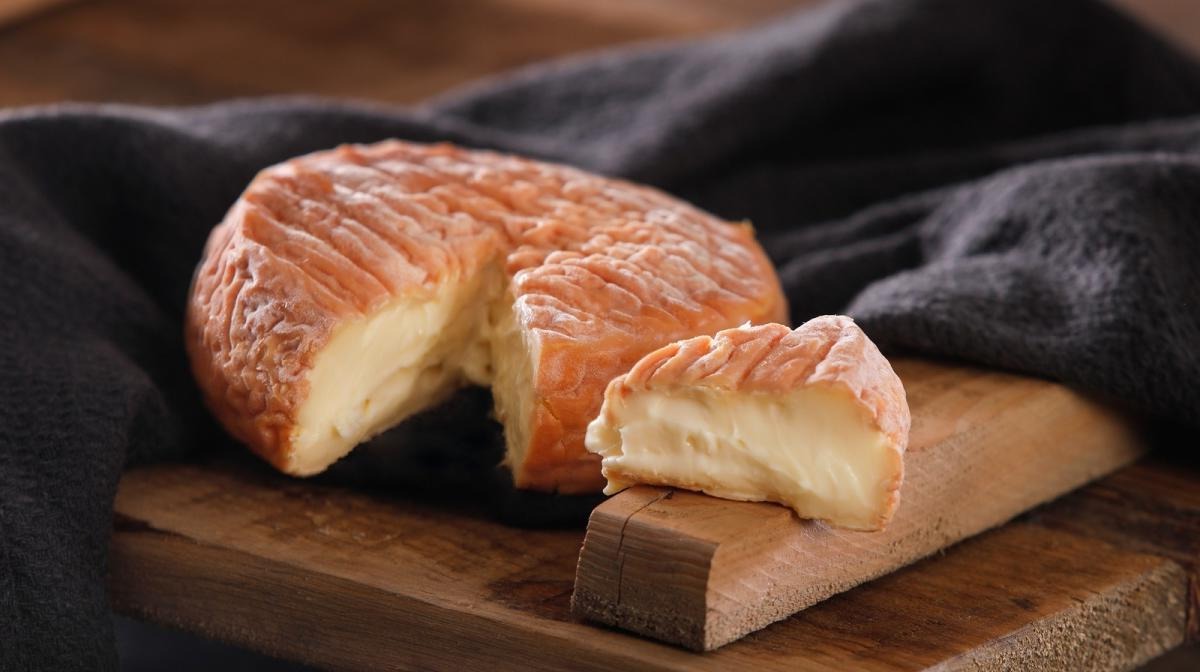Banned Cheeses You Can’t Taste In The US

Have you ever craved a cheese you can't find in the United States? Some cheeses are banned due to strict regulations. These rules often focus on raw milk content, aging processes, or specific bacteria strains. For example, Roquefort cheese faces restrictions because of its raw sheep's milk. Brie de Meaux, another favorite, also falls under this category. The Casu Marzu from Sardinia, known for its live insect larvae, is another cheese you won't see on American shelves. Understanding why these cheeses are banned can make you appreciate the variety available while also sparking curiosity about those you can't easily taste.
Why Are Some Cheeses Banned in the US?
Certain cheeses are banned in the US due to strict regulations on food safety and hygiene. These rules aim to protect consumers from potential health risks. However, some of these cheeses are beloved in other parts of the world for their unique flavors and traditional methods of production.
Cheeses You Can't Taste in the US
1. Casu Marzu
Casu Marzu, also known as "maggot cheese," hails from Sardinia, Italy. This cheese is famous for its unique fermentation process, which involves live insect larvae. The larvae help break down the fats in the cheese, creating a soft texture and strong flavor. Due to health concerns, Casu Marzu is banned in the US.
2. Epoisses de Bourgogne
Epoisses de Bourgogne is a French cheese known for its pungent aroma and creamy texture. Made from raw cow's milk and washed in brandy, this cheese is aged for several weeks. The US bans it because it is made from unpasteurized milk and aged for less than 60 days, which doesn't meet FDA standards.
3. Reblochon
Reblochon is a soft, washed-rind cheese from the French Alps. It has a nutty, creamy flavor and is traditionally made from raw cow's milk. The US prohibits its import due to the same unpasteurized milk and aging regulations that affect Epoisses de Bourgogne.
4. Brie de Meaux
Brie de Meaux is a classic French cheese with a rich history. This soft cheese has a creamy interior and a white, bloomy rind. Like other raw milk cheeses aged for less than 60 days, Brie de Meaux is banned in the US for not meeting pasteurization requirements.
5. Roquefort
Roquefort, a blue cheese from France, is made from raw sheep's milk and aged in limestone caves. Its distinct blue veins and tangy flavor make it a favorite among cheese lovers. However, the US bans it due to concerns over the use of unpasteurized milk.
6. Mimolette
Mimolette is a hard, orange cheese from France with a nutty flavor and crumbly texture. It is aged with the help of cheese mites, which contribute to its unique taste. The presence of these mites has led to its ban in the US, as they are considered unsanitary.
7. Vacherin Mont d'Or
Vacherin Mont d'Or is a seasonal cheese from Switzerland and France, known for its creamy, spoonable texture. It is made from raw cow's milk and wrapped in spruce bark, which imparts a distinct flavor. The US bans it due to the raw milk and short aging period.
8. Saint-Nectaire
Saint-Nectaire is a semi-soft cheese from the Auvergne region of France. It has a creamy texture and earthy flavor, thanks to the raw cow's milk used in its production. The US prohibits its import because it doesn't meet pasteurization and aging standards.
9. Cabrales
Cabrales is a blue cheese from Spain, made from a blend of raw cow, goat, and sheep's milk. It is aged in limestone caves, giving it a strong, tangy flavor. The US bans it due to concerns over the use of unpasteurized milk and potential health risks.
10. Mont d'Or
Mont d'Or, also known as Vacherin du Haut-Doubs, is a French cheese with a creamy, almost liquid interior. It is made from raw cow's milk and wrapped in spruce bark. The US bans it for the same reasons as Vacherin Mont d'Or: raw milk and short aging period.
Missing Out on Unique Flavors
Banned cheeses in the US mean missing out on some unique flavors. Roquefort, Brie de Meaux, and Epoisses de Bourgogne are just a few examples of what you can't find here. These cheeses often have raw milk or specific aging processes that don't meet US regulations. While safety is important, it also means losing out on traditional tastes. If you travel abroad, take the chance to try these cheeses. You might find a new favorite. Until then, explore local cheese shops for similar options. Some US-made cheeses come close to the originals. Keep an open mind and palate. You never know what delicious surprises you might find. Enjoy the journey of cheese discovery, even with the limitations.

